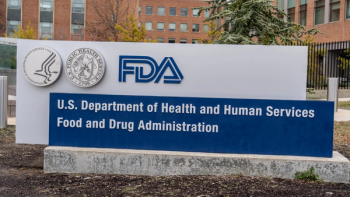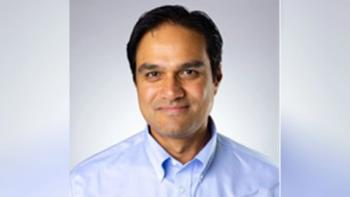
Andrew Witty: Volume is Not a Dirty Word
“Volume is not a dirty word” was outgoing GSK head Sir Andrew Witty’s key message at last week’s FT Global Pharmaceutical Conference in London.
“Volume is not a dirty word” was outgoing GSK head Sir Andrew Witty’s key message from his presentation at the FT Global Pharmaceutical and Biopharmaceutical Conference in London in November.
The era of a price-oriented industry is over, Witty explained. While for the last 20 or 30 years “the badge of quality of a pharmaceutical asset has been the price it has been able to achieve abroad”, industry should no longer be looking at what the initial launch price is, but focused much more on what the returns are.
“The driver of price-driven economics in this industry is no longer capable of growing at the rate that it has historically grown,” Witty added. Returns are a function of much more than just price: they’re also a function time to compete in the market place and the volume a company is able to generate.
The GSK head pointed out that future global challenges will be driven by “the ‘cavalry’ [that] is the other six billion people in the world who are moving into healthcare consumption for the first time” - and he stressed that companies need to be capable of engaging with this volume.
“This is why tier pricing is such an important concept,” he went on. “It’s obvious that in India if you try to charge an American price, you’re not going to sell very much. [But] if you can price for volume India, you can a get substantial return locally.”
Witty observed that the next few years are going to see “a crystallization” of many of the trends that have been inverted over the last decade. “Governments, payers, patients, and many stakeholders have been reacting to how the healthcare marketplace has evolved. They are reacting to an anxiety which is a deep in Detroit as it is in Mumbai about whether or not there is decent access to medicine. Those trends are beginning to break through the surface in terms of a real expression of market behavior.”
“That is why it doesn’t really matter too much who won the US election,” he explained, “because the direction of travel of the US marketplace - owned not by one stakeholder in the White House but by multiple stakeholders in public and private decision-making environments - is already set: more control, more focus on lifetime cost, more aggressive willingness to intervene.”
Thus, the challenge for the industry is not the same as it was 20 or 30 years ago, which was “to find biology to be excited about”. For Witty, it is now “whether we’re smart enough to re-invent our commercial business models - for pricing, cost structures and go-to-market models - to ensure that we are able to migrate from an industry which has been far to price-oriented to one that is much more volume-oriented".
He concluded: “You shouldn’t really care if your returns are driven by a high price and low volume, or a low price and high volume, if your returns are the same.”
Newsletter
Lead with insight with the Pharmaceutical Executive newsletter, featuring strategic analysis, leadership trends, and market intelligence for biopharma decision-makers.



